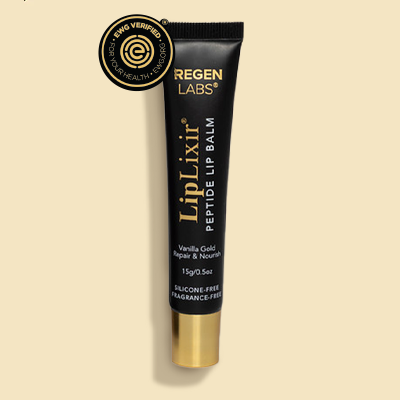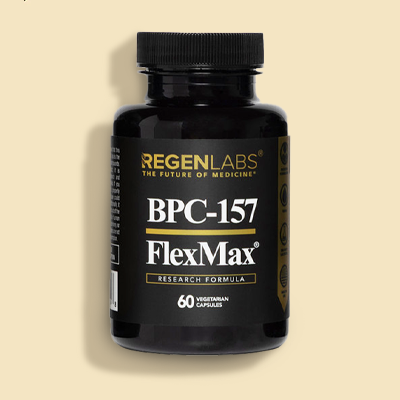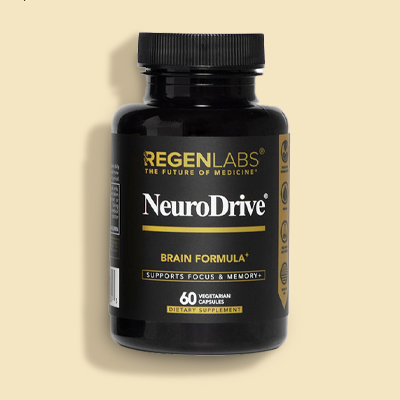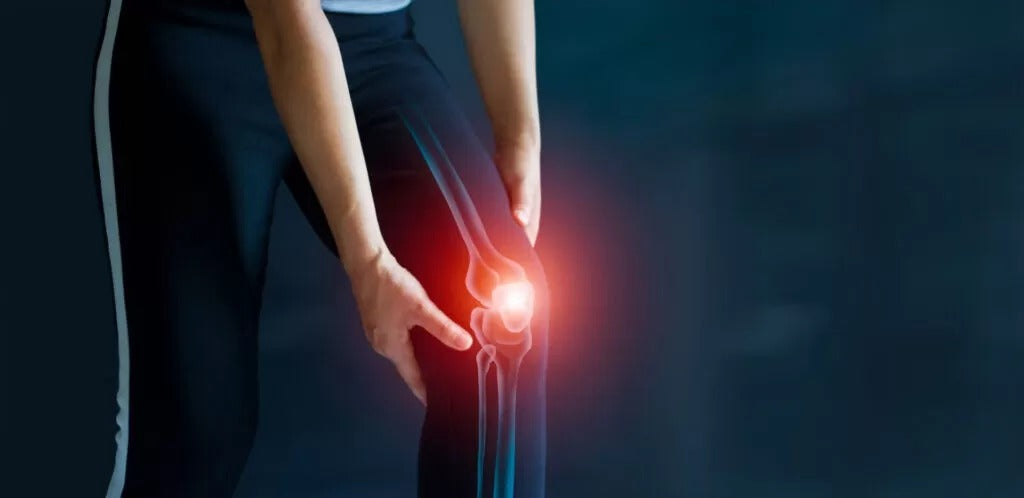Muscle memory is an integral part of how we master skills and perform tasks with precision and ease. However, the passage of time and the learning of incorrect movements can challenge this innate ability. In this insightful exploration, we investigate whether muscle memory can truly be lost and how individuals can effectively retrain their muscles to overcome past errors. Whether you're an athlete, musician, or someone on a rehabilitation journey, understanding the dynamics of muscle memory can empower you to achieve your goals with renewed confidence.
What Is Muscle Memory?
Muscle memory is the amazing capacity of the body to memorize and automate particular motor activities by repetition, therefore facilitating the execution of difficult movements free from conscious effort. This phenomena is the brain's ability to retain and encode these motions in neural pathways, therefore enabling people to complete activities progressively faster, more accurately, and efficiently over time. Mastery of physical talents depends critically on muscle memory, whether it is for playing an instrument, dancing, or using a sports technique. Athletes, musicians, and everyone else striving for excellence in their respective fields depend on it since it guarantees flawless performance and fast adaptation to new obstacles. Strength training improves this capacity even more by helping muscle memory to grow and by promoting general skill mastery.
What Are The Benefits Of Muscle Memory?
Enhanced Skill Acquisition
Muscle memory significantly accelerates the process of learning new skills by allowing individuals to internalize movements through repetition. As the brain and muscles become more synchronized, tasks that initially required conscious effort become automatic, enabling quicker mastery and proficiency in various activities, from sports to musical performance.
Improved Performance Efficiency
Once a movement is ingrained in muscle memory, it can be executed with minimal conscious thought, leading to more efficient performance. This efficiency not only conserves mental energy but also enhances precision and speed, allowing athletes and performers to focus on strategy and creativity rather than the mechanics of their actions.
Faster Recovery and Rehabilitation
For individuals recovering from injuries or undergoing physical rehabilitation, muscle memory plays a vital role in regaining lost skills and movements. By tapping into pre-existing neural pathways, patients can more rapidly restore their abilities, facilitating a smoother and more effective recovery process.
Consistency in Execution
Muscle memory ensures consistent performance by reducing variability in movement execution. In high-stress events like competitive sports or live performances, where success depends on keeping a high degree of accuracy and dependability, this consistency is absolutely vital.
Increased Confidence and Focus
With muscle memory, individuals gain confidence in their ability to perform tasks without hesitation. This confidence helps people to concentrate on honing their abilities and stretching their boundaries, therefore promoting an attitude of ongoing development. They can thus face difficulties with more assurance and resilience.
How Does Muscle Memory Work?
Muscle memory works through a process of neural adaptation and repetition, where the brain, muscles, and myonuclei collaborate to encode specific motor tasks into long-term memory, facilitating muscle hypertrophy. When a movement is practiced repeatedly, the brain's motor cortex and the nervous system create and strengthen neural pathways that facilitate the execution of that movement. This process involves the recruitment of motor units in the muscles, which are groups of muscle fibers controlled by a single motor neuron. Over time, as these pathways become more established, the movement requires less conscious effort and becomes more automatic. This efficiency is achieved through synaptic plasticity, where the connections between neurons are strengthened, allowing for quicker signal transmission. Enhancing recovery by blocking myostatin, which causes muscle breakdown, with BPC-157 can support muscle memory by preserving muscle integrity and promoting faster adaptation. As a result, individuals can perform complex tasks with greater speed, accuracy, and consistency, relying on the ingrained patterns stored in their muscle memory.
Can You Lose Muscle Memory Over Time?
While muscle memory is remarkably resilient, it can diminish over time if a skill or movement is not practiced regularly. This decline occurs because the neural pathways and motor units that support the memorized movements can weaken or become less efficient without reinforcement. However, unlike the initial learning phase, relearning a previously mastered skill is typically faster due to the residual memory traces that remain in the brain and muscles. These traces serve as a foundation, allowing individuals to quickly rebuild and strengthen the neural connections, particularly in the cerebellum, once practice resumes. Factors such as the duration of inactivity, the complexity of the skill, and individual differences in learning and retention can influence the extent to which muscle memory is lost. Despite potential declines, the brain's ability to retain some level of muscle memory, supported by myonuclei, underscores its adaptability and the importance of consistent practice to maintain proficiency.
What Type Of Exercises Are Best For Gaining Muscle Memory?
Repetitive Drills
-
Focus on exercises that involve repeating the same movement, such as practicing scales on a musical instrument or shooting free throws in basketball.
-
Consistent repetition helps reinforce procedural memory by strengthening neural pathways and improving reflexes, making the movement more automatic.
Progressive Overload
-
Gradually increase the intensity, duration, or complexity of exercises to challenge the muscles and brain.
-
This approach encourages adaptation and strengthens muscle memory by promoting hypertrophy, involving myonuclei, and continuously engaging the neural pathways.
Skill-Specific Training
-
Engage in exercises tailored to the specific skills you want to master, such as footwork drills for dancers or finger exercises for pianists.
-
Targeted practice ensures that the relevant muscles and neural circuits are activated and strengthened.
Cross-Training
-
Incorporate a variety of exercises that complement your primary skill, such as resistance training for athletes or flexibility exercises for dancers.
-
Cross-training enhances overall physical conditioning and supports the development of muscle memory by engaging different muscle groups, which can help increase muscle mass alongside improving skills.
Visualization Techniques
-
Practice mental rehearsal of movements to reinforce muscle memory without physical exertion.
-
Visualization activates the same neural pathways as physical practice, aiding in skill retention and refinement.
Consistent Practice Schedule
-
Establish a regular practice routine to maintain and enhance muscle memory.
-
Consistency ensures that neural pathways remain active and strong, reducing the likelihood of skill degradation over time.
Can You Retrain Your Muscles If You’ve Learned A Movement Incorrectly?
Yes, it is possible to retrain your muscles if you've learned a movement incorrectly, though it requires deliberate effort and patience. Through deliberate practice and repetition, one unlearns the erroneous movement patterns and replaces them with the proper ones. First, this retraining starts with deliberately spotting and comprehending movement mistakes. Once found, you can use drills and remedial exercises stressing correct technique. First, practice these new actions gently and deliberately so that the brain creates fresh neural paths and replaces the old, erroneous ones. Consistent repetition over time helps the right movement pattern to become established in muscle memory, thereby allowing you to perform it precisely and instinctively. This procedure emphasizes the amazing plasticity of the brain as well as its capacity for adaptation and improvement of motor skills even following first failures.
Tips For Optimizing Muscle Memory
-
Consistent Practice: Regularly engage in focused practice sessions to reinforce and strengthen neural pathways, ensuring that movements become automatic and ingrained in muscle memory.
-
Mindful Repetition: Perform exercises with full attention to technique and form, as mindful repetition helps solidify correct movement patterns and prevents the reinforcement of errors.
-
Gradual Progression: Increase the complexity or intensity of exercises gradually to continuously challenge the muscles and brain, promoting adaptation and enhancing muscle memory retention.
-
Incorporate Rest and Recovery: Allow adequate time for rest and recovery between practice sessions to prevent fatigue and ensure that the brain and muscles can consolidate new skills effectively.
-
Supplement with BPC-157 for Recovery: FlexMax® BPC-157 Peptide Muscle Recovery Formula, developed by a board-certified physician, enhances recovery by blocking myostatin, which causes muscle breakdown. With 800mcg of BPC-157 per serving, it promotes cellular repair and boosts growth, stamina, and recovery, free from nitric acid and TFA.
-
Utilize Visualization Techniques: Practice mental rehearsal of movements to complement physical practice, as visualization activates similar neural pathways and aids in reinforcing muscle memory.
Conclusion
In conclusion, muscle memory, supported by elements like myonuclei, is a powerful tool that enables individuals to perform complex tasks with ease and precision. By understanding how it works and the factors that influence its development, we can harness its potential to enhance our skills and performance across various domains. Blocking myostatin, which prevents muscle breakdown, further supports muscle memory by preserving muscle integrity and promoting faster adaptation. Whether you're an athlete, musician, or someone on a rehabilitation journey, cultivating muscle memory through consistent practice and mindful repetition can lead to remarkable improvements in efficiency and accuracy.
Final Thoughts
Want to know how supplements can transform your lifting routine into a powerhouse of performance? Regen Labs® is leading the way in supplement innovation with a diverse range of premium products in cosmetics, fitness, and cognitive support. Our doctor-formulated solutions are meticulously crafted and certified to meet the highest standards, ensuring optimal results. Discover The Future Of Medicine® with Regen Labs® and enhance your wellness journey with expertly designed supplements that boost both performance and comfort.
Sources











